This dude was A+OK in my book. Yeah you knew Jobs, yeah you knew Minsky, but did you ever know even the name of the guy who convinced me to become a programmer? Rest In Eternal Peace. #RIP
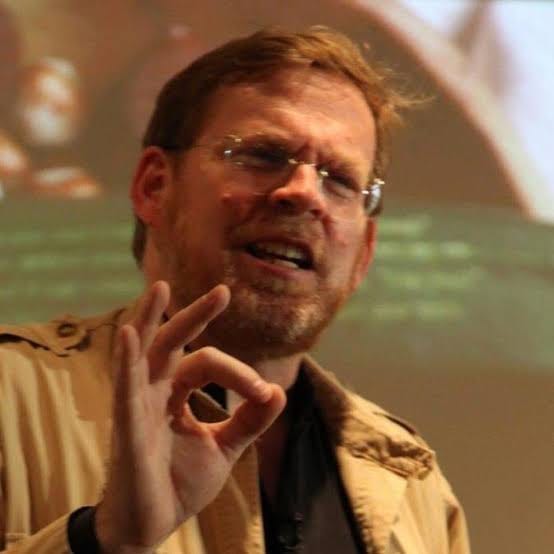

This dude was A+OK in my book. Yeah you knew Jobs, yeah you knew Minsky, but did you ever know even the name of the guy who convinced me to become a programmer? Rest In Eternal Peace. #RIP
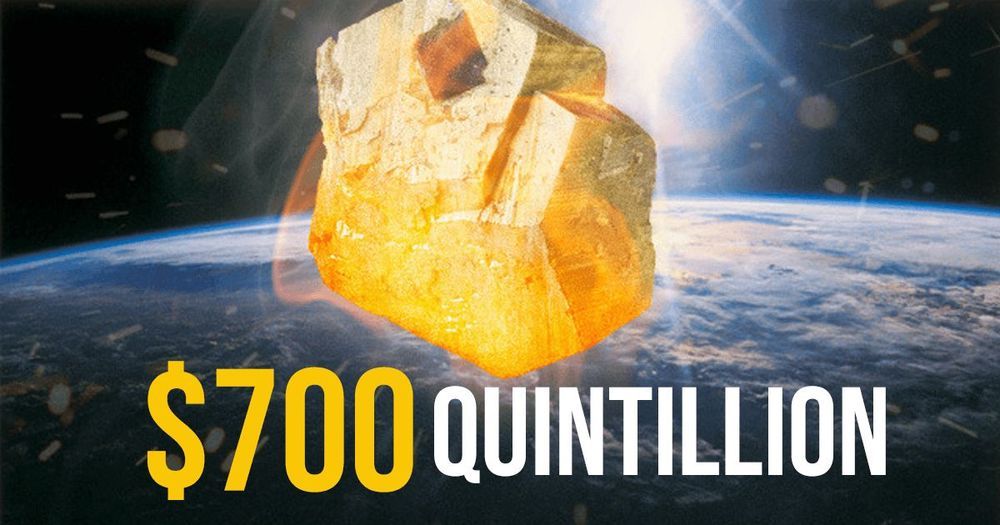
Before going to space, should we solve the problems here, on Earth?
Whenever we speak about human presence in space to a general audience, and quite often when we talk with specialists as well, we have to hear the Great Objection:” Before going to space, we have to solve our problems here, on the Earth”.
As soon as we reason about it we understand that the Objection is in fact a general dialectic scheme, which consists in changing the topic, pretending that the alternative is more important and urgent and so avoiding to reply to what the speaker has said. In short, it is a sort of quite-another-ism: “The problem is quite another, the cause is quite another…”.
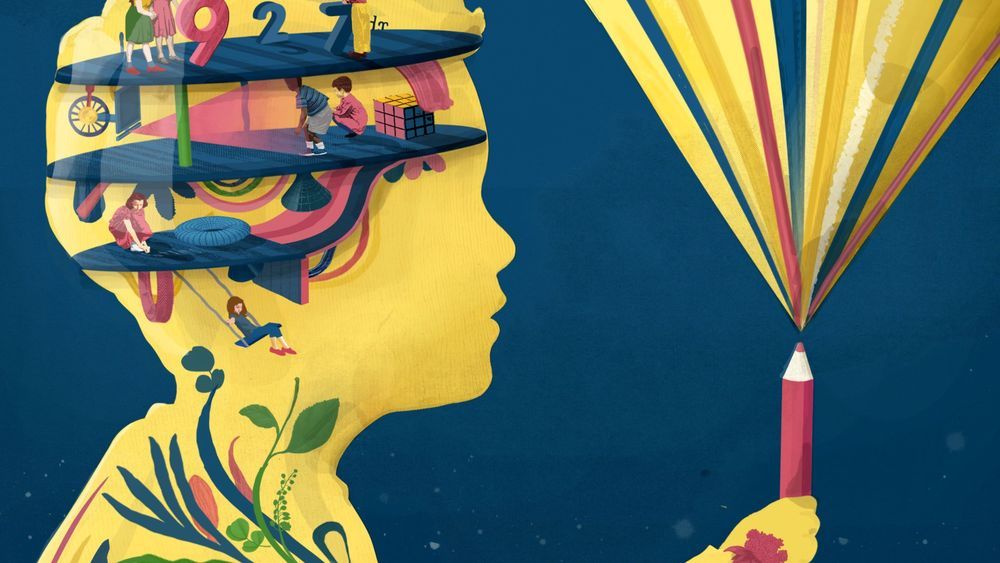
Rich experiences—from play to the arts and relationships—fundamentally shape a young child’s development.
By Rishi Sriram

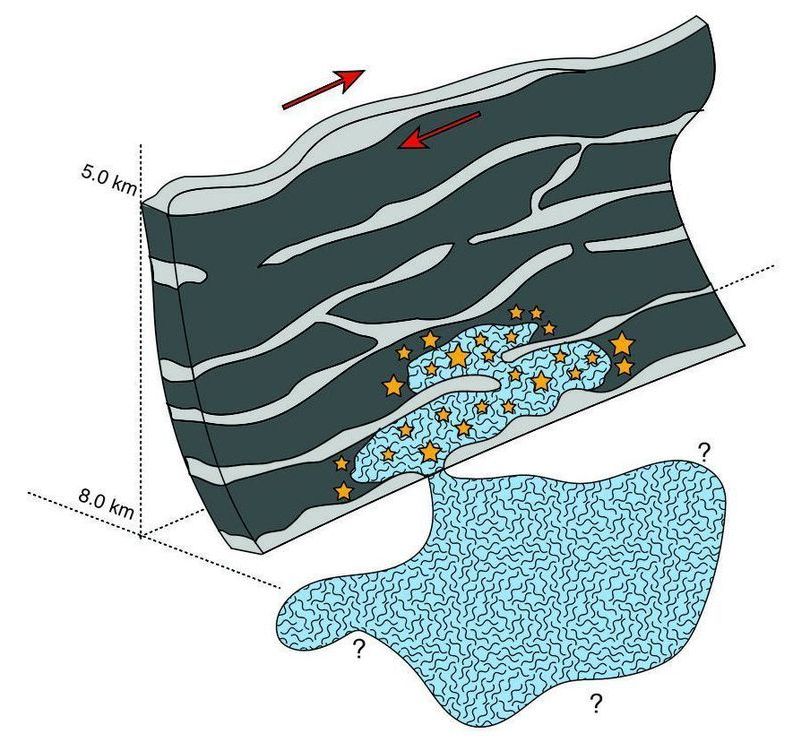

SpaceX has at long last transported its fifth full-scale Starship prototype to a nearby launch pad, kicking off a week of busy pre-test preparations while the sixth rocket is already nipping at its heels.
Starship SN5’s move to the pad ends the longest gap between full-scale prototype testing since Starship Mk1 was destroyed in November 2019, a partially-expected failure that began a more than three-month period of infrastructure upgrades. The first upgraded Starship (SN1) rolled to the pad on February 25th, followed by SN3 on March 29th and SN4 on April 23rd, indicative of a fairly consistent monthly cadence of Starship production (and destruction).
Almost exactly two months after its predecessor headed from the factory to SpaceX’s Boca Chica, Texas launch facilities, Starship SN5 has taken its place on a brand new launch mount. The cause of that month-long delay is fairly simple. When Starship SN4 exploded on May 29th, it damaged the existing launch mount and some additional ground support equipment (GSE), forcing SpaceX to scrap the destroyed mount and build a new one from scratch. In a matter of weeks, SpaceX’s crack team of pad engineers and technicians have done exactly that.
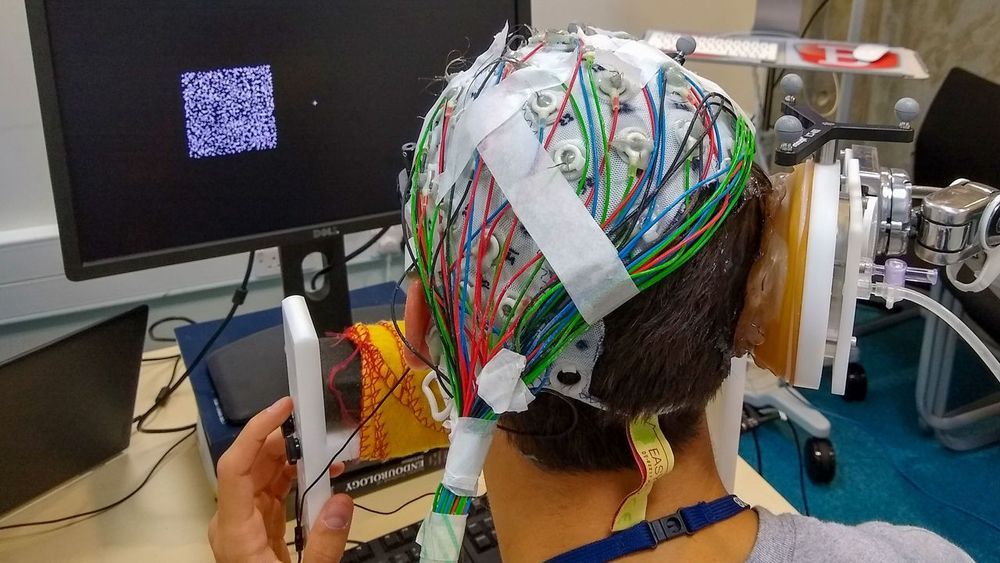

While some cholesterol is a healthy thing for properly functioning cells, too much of it can cause blockages in the arteries and heart trouble, along with a host of other negative health outcomes. Scientists have discovered a new mechanism by which a “bad” type of cholesterol gains entry to the cells, identifying a pair of proteins that work like an entry tunnel. These proteins show promise as new targets for drugs that could lower cholesterol levels in the blood to help prevent disease.
The discovery made by an international team of researchers was only possible thanks to advances in imaging technology that enabled them to inspect proteins at a near-atomic level. In this case, the team were investigating the role two proteins, NPC1 and NPC2, play in transporting low-density lipoprotein (LDL) cholesterol, often referred to as “bad” cholesterol, into our cells.
“Before 2013 we often had to theorise about how membrane proteins worked and how they functioned, but now we can actually see them, and seeing is believing,” says study author Prof Rob Yang from the UNSW in Australia. “We were able to look at the NPC1 and NPC2 proteins and see exactly the role they play in transporting this LDL cholesterol into the cell.”

A scientist in California has taken steps toward a long-sought gamma ray laser by harnessing positronium bubbles in special liquid helium. Positronium is a volatile, short-lived atom that seems kind of like hydrogen but has a positron—an antiparticle considered opposite to an electron, sometimes even called an antielectron—instead of a proton.
Holding positronium in liquid helium extends its viable stability, a relationship that’s decades old: “Positronium’s long lifetime in liquid helium was first reported in 1957,” says the press release, which links to a paper by physicist Richard A. Ferrell about the “reduced pickoff” positronium experiences when it can form a bubble inside liquid helium.
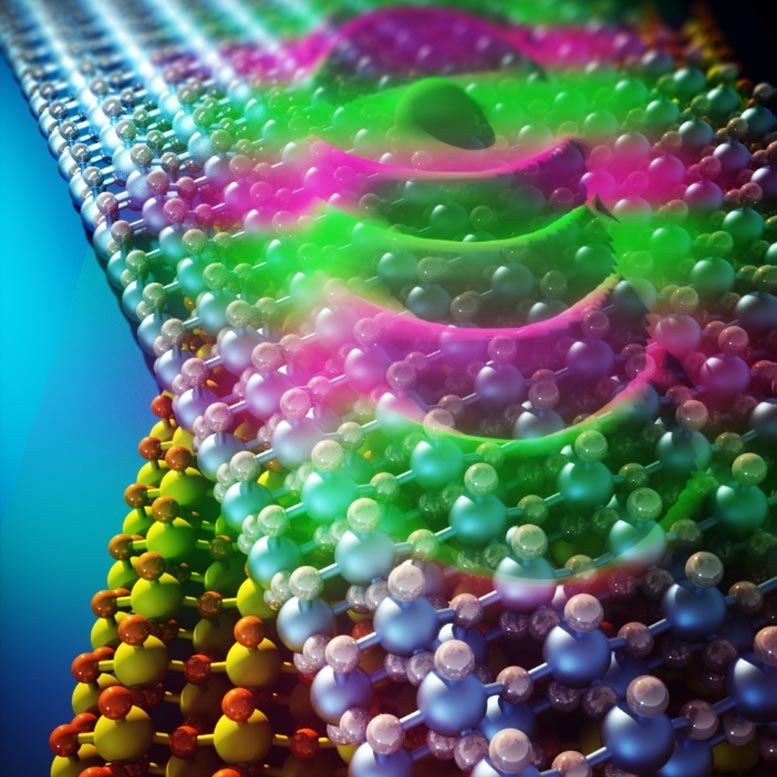
‘Twisted’ layers of 2D materials produce photonic topological transition at ‘magic’ rotation angles.
Monash researchers are part of an international collaboration applying ‘twistronics’ concepts (the science of layering and twisting 2D materials to control their electrical properties) to manipulate the flow of light in extreme ways.
The findings, published today in the journal Nature, hold the promise for leapfrog advances in a variety of light-driven technologies, including nano-imaging devices; high-speed, low-energy optical computers; and biosensors.